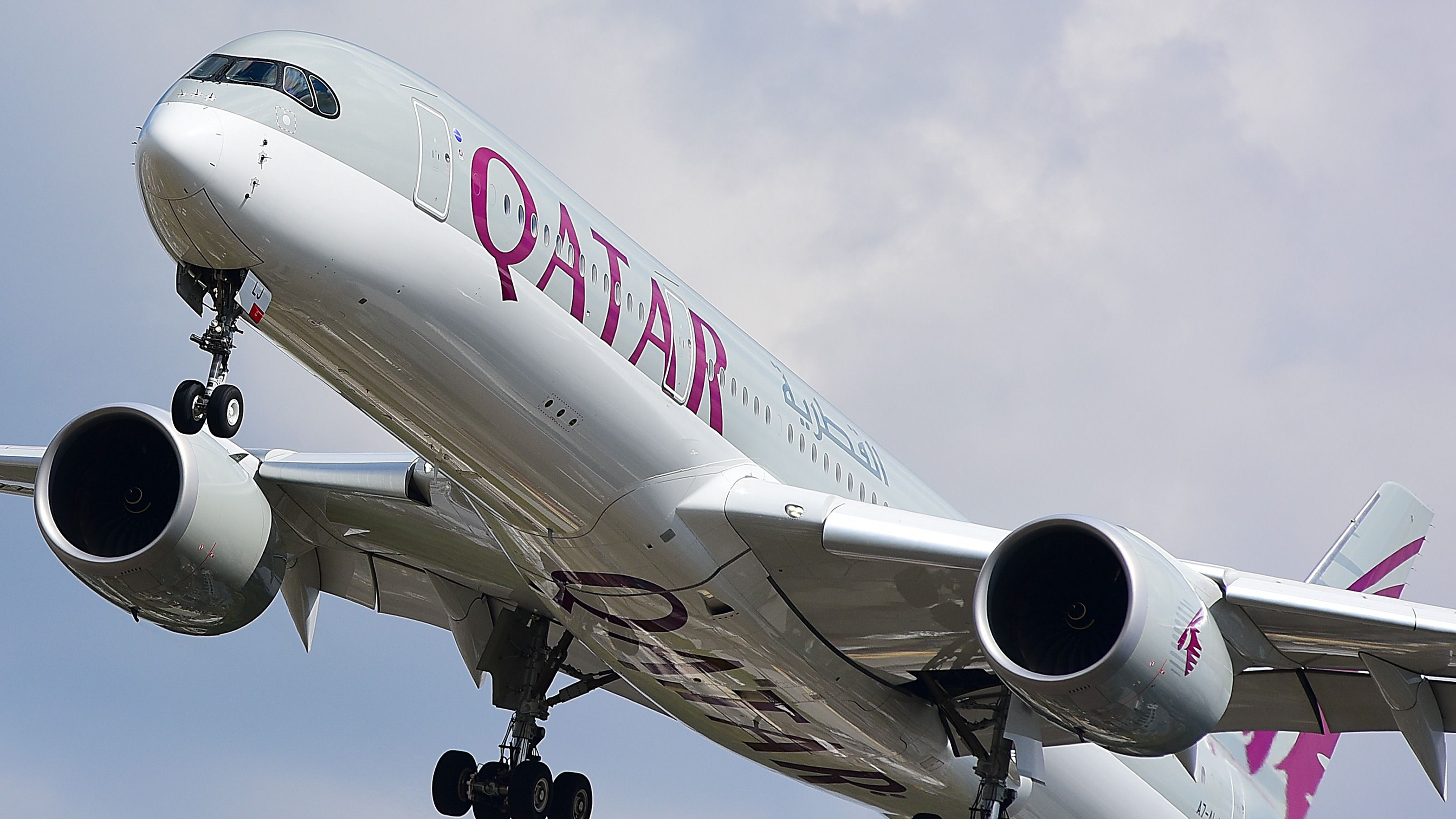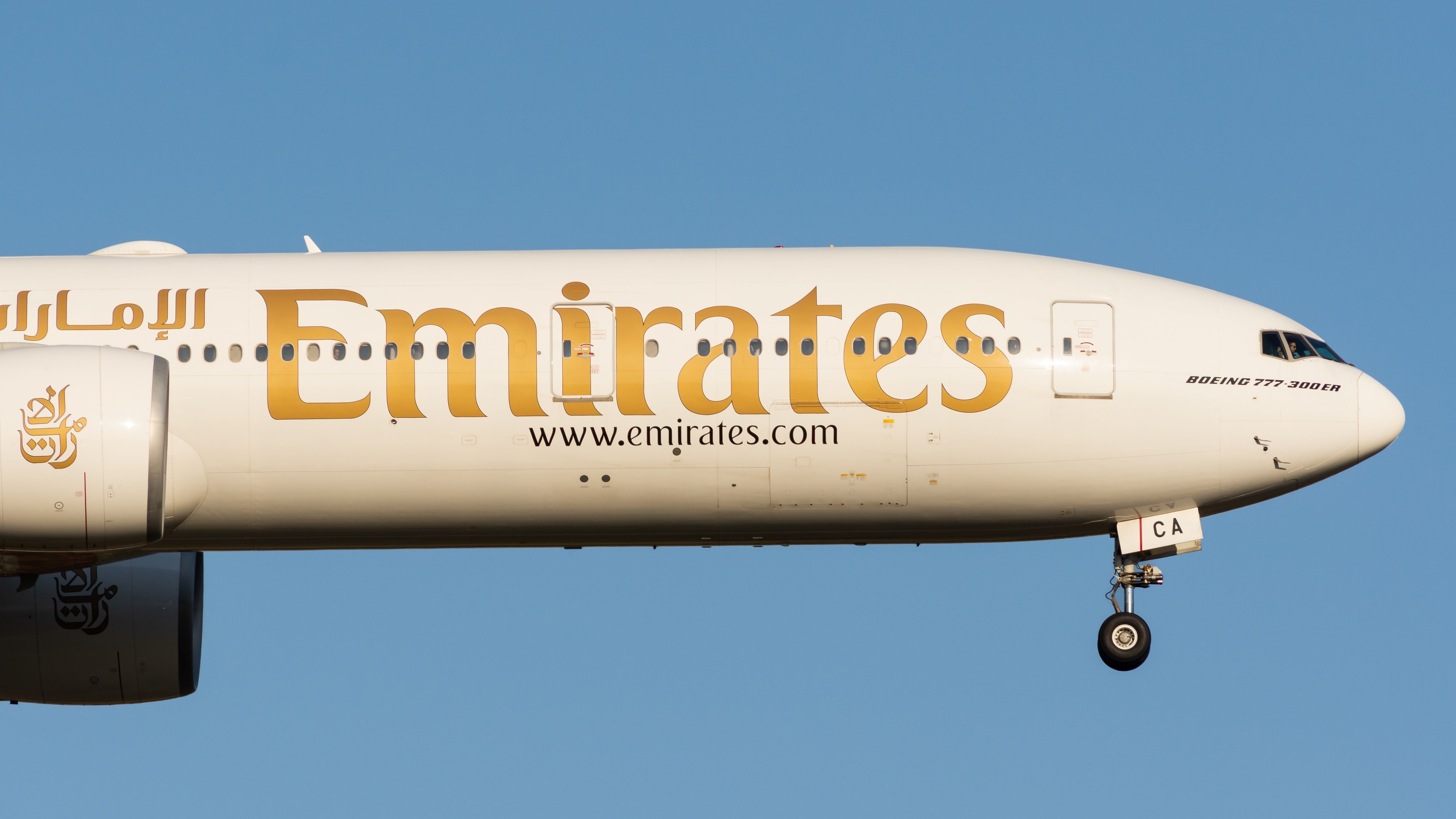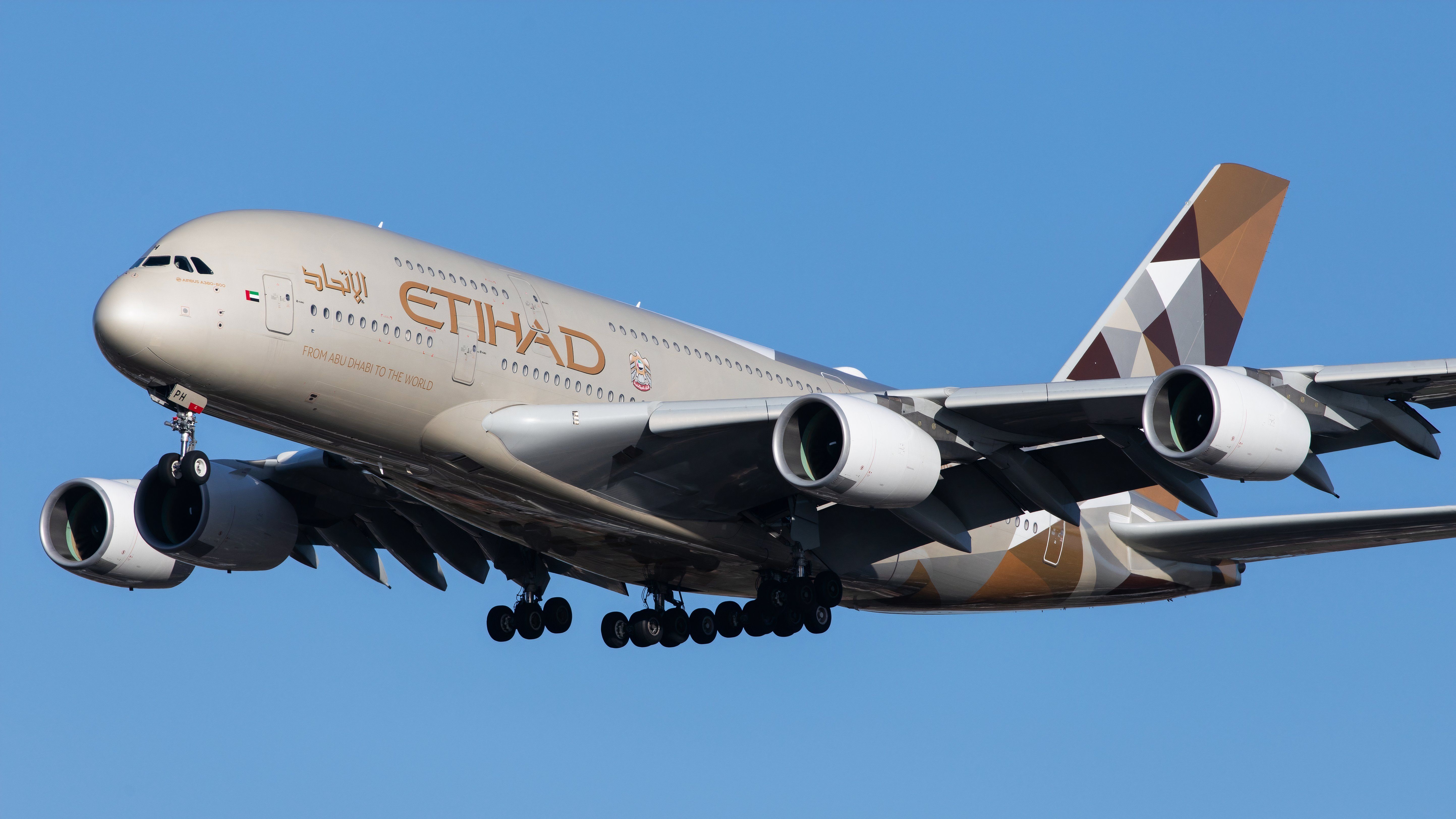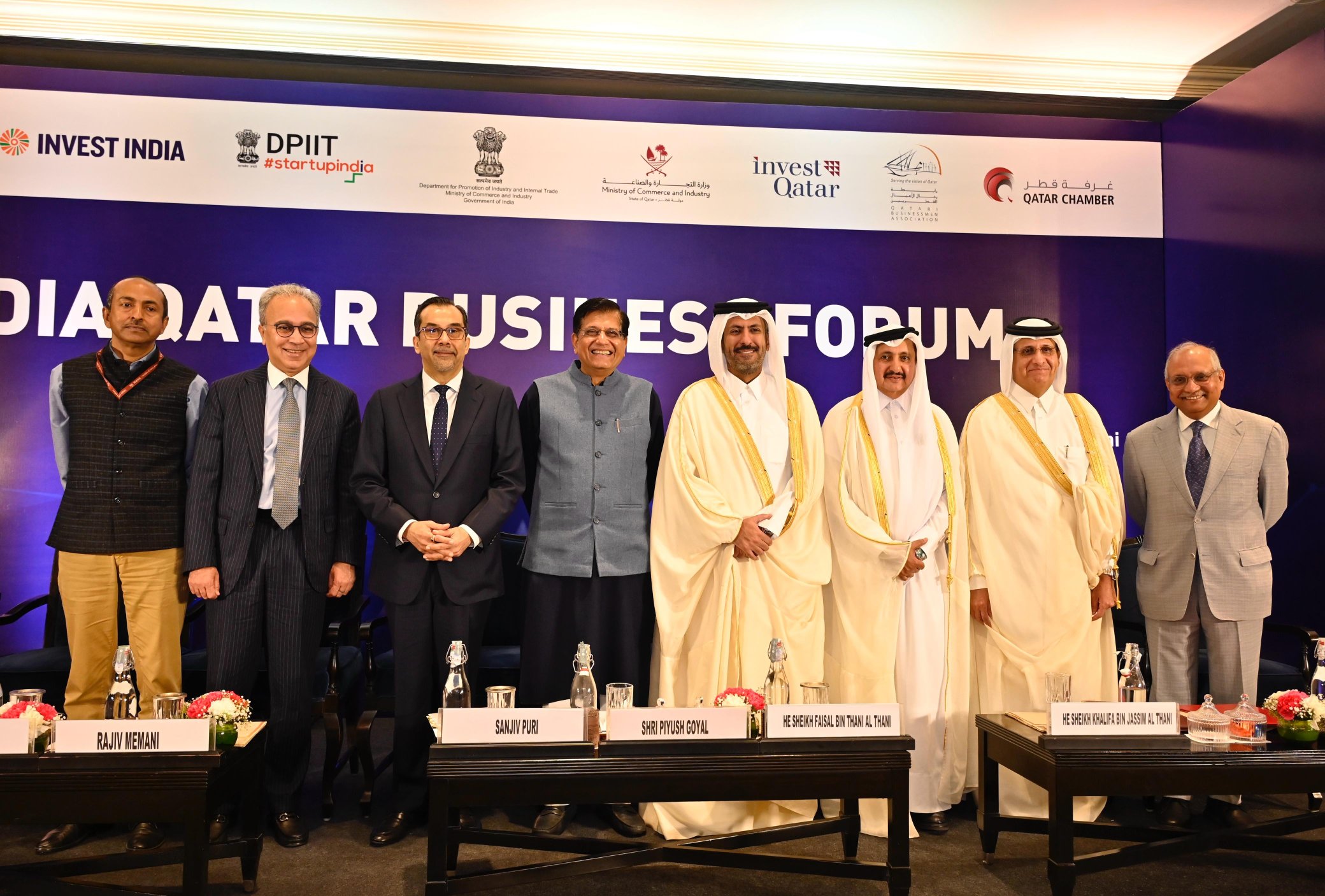Emirates Vs Etihad Airways Vs Qatar Airways: Which Carrier Wins To India?

Summary
- India is a vital country for Emirates, Etihad, and Qatar Airways.
- Emirates is the largest operator to India by seats and available seat miles because it only uses widebodies.
- Etihad is first for flights because of heavy narrowbody use, while Qatar Airways has the most destinations, thanks to single-aisle equipment.
Emirates , Etihad Airways , and ![]() Qatar Airways are colloquially known as the Middle East Big Three. However, questions remain about Etihad, given its cuts and reduced size in recent years. Regardless, everyone knows that the trio revolves around India, both point-to-point and to feed their vast global networks over their hubs.
Qatar Airways are colloquially known as the Middle East Big Three. However, questions remain about Etihad, given its cuts and reduced size in recent years. Regardless, everyone knows that the trio revolves around India, both point-to-point and to feed their vast global networks over their hubs.
Which carrier is larger?
The following table shows the three carriers’ Indian networks and operations. As you can see, India is the largest country market for Emirates and Etihad but is only fourth for Qatar Airways.
Partly due to Etihad’s smaller size, one in five of its take-offs is to India, about double that of the much larger Emirates. Emirates also uses flydubai, but that narrowbody operator is not considered here. The fact that none of flydubai’s Indian flights use Dubai’s Terminal 3, which is critical for Emirates connections, means it is less important. Just one in 20 of Qatar Airways flights are to India, making it the smallest in this sense.
Photo: Steve Worner | Shutterstock
Etihad is the leading carrier by flights, but that position is only because three-quarters are on Airbus A320ceo/A321ceo/A321neo narrowbodies, pushing down its average seats/flight to 208. However, the return of the A380 to Mumbai in September has helped to increase that a bit.
In contrast, Emirates’ widebody-only use means it is very firmly number one by seats and available seat miles, the latter of which is considered by many industry people to be the best way of gauging airline capacity. Qatar Airways is third for all three capacity measures.
The data below is based on
August to December 2024
and for passenger service only. It may change, especially towards the year’s end. Passengers could have been used, but that is historical and therefore backward-looking. This article is about now and the near future.
|
Airline |
One-way take-offs to India*** |
One-way seats |
One-way ASMs^ |
Seats/flight |
Cities served |
India flights as % of total operation (country rank) |
|---|---|---|---|---|---|---|
|
Emirates* |
3,650 (23 to 25 daily) |
1.336 million |
2.061 billion |
366 |
Nine (Ahmedabad, Bengaluru, Chennai, Delhi, Hyderabad, Kochi, Kolkata, Mumbai, Thiruvananthapuram) |
11% (#1) |
|
Etihad** |
3,837 (23 to 28 daily) |
797,000 |
1.222 billion |
208 |
11 (Ahmedabad, Bengaluru, Chennai, Delhi, Hyderabad, Jaipur, Kochi, Kolkata, Kozhikode, Mumbai, Thiruvananthapuram) |
20% (#1) |
|
Qatar Airways |
2,190 (14 to 15 daily) |
529,000 |
943 million |
242 |
13 (Ahmedabad, Amritsar, Bengaluru, Chennai, Delhi, Goa Manohar, Hyderabad, Kochi, Kolkata, Kozhikode, Mumbai, Nagpur, Thiruvananthapuram) |
5% (#4) |
|
* Excl. flydubai ** Excl. Air Arabia Abu Dhabi |
*** Double if you want both ways |
^ Available seat miles; seats x distance |
Two A380 routes soon
When Emirates, Etihad, and Qatar Airways Indian services are combined, widebody aircraft operate about 62% of flights. The Boeing 777-300ER, renowned for its typically high-capacity cabins and considerable belly-hold freight capacity, is by far the most-flown twin-aisle. Yet, it is the A380 that stands out the most.
Photo: Wirestock Creators | Shutterstock
Emirates has flown the double-decker quadjet to India for years. Dubai-Mumbai has had A380 service for most of the past decade, partly because of the Indian airport’s chronic slot problem, while Bengaluru has seen the type since 2022.
India had two A380 operators from the Middle East until 2017 when Etihad’s examples last flew to Mumbai. That will change in September when the Gulf carrier resumes using the 486-seat A380 between Abu Dhabi and Mumbai.
Etihad’s superjumbo return has less to do with slots and more with pilot familiarization as more aircraft return to service. It is similar to Jeddah, which will briefly see the double-decker. Hence, the A380 will only fly to Mumbai three times weekly until the end of December before being flown elsewhere.
Related
Qatar Business Leaders Optimistic About Long-Term Growth – HRO Today
Research from KPMG finds CEOs are prioritising resilience, technological innovation, and adaptability in 2025. By Maggie Mancini As organisations respond to glo
Indian Startups Showcase Innovation and Global Expansion at Web Summit…
Indian startups are making waves globally, and their latest venture at Web Summit Qatar 20
Qatar’s tax authority launches 100 percent financial penalty exemption initiative…
To qualify, companies must register on the Dhareeba Tax Portal and ensure that all taxpayer data is updatedQatar’s General Tax Authority recently announced th
India-Qatar Joint Business Forum held to Strengthen Bilateral Economic Ties…
NEW DELHI : On the sidelines of the visit of H.H. Sheikh Tamim bin Hamad bin Khalifa Al Thani, Amir of Qatar to In














